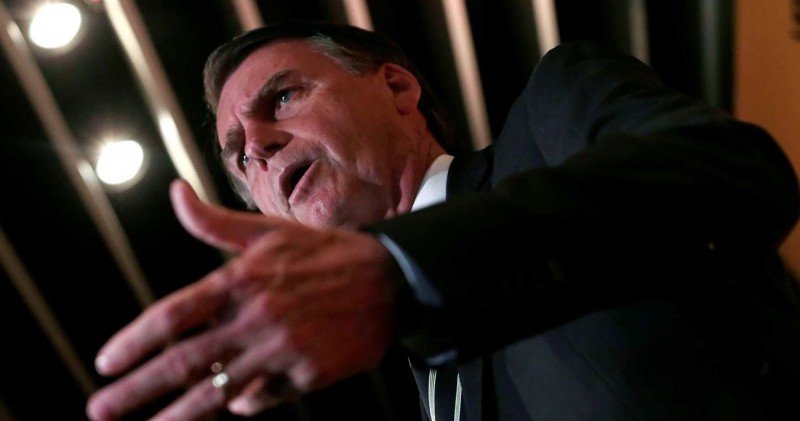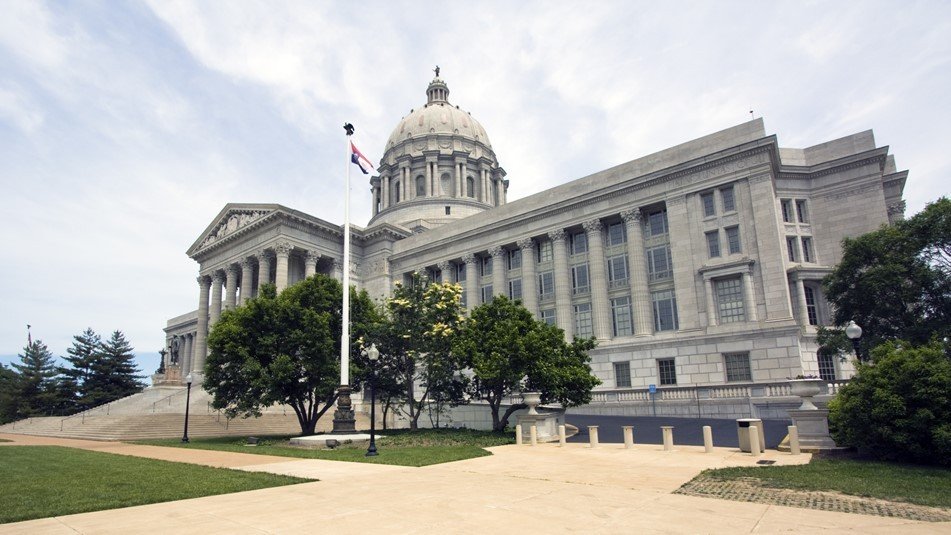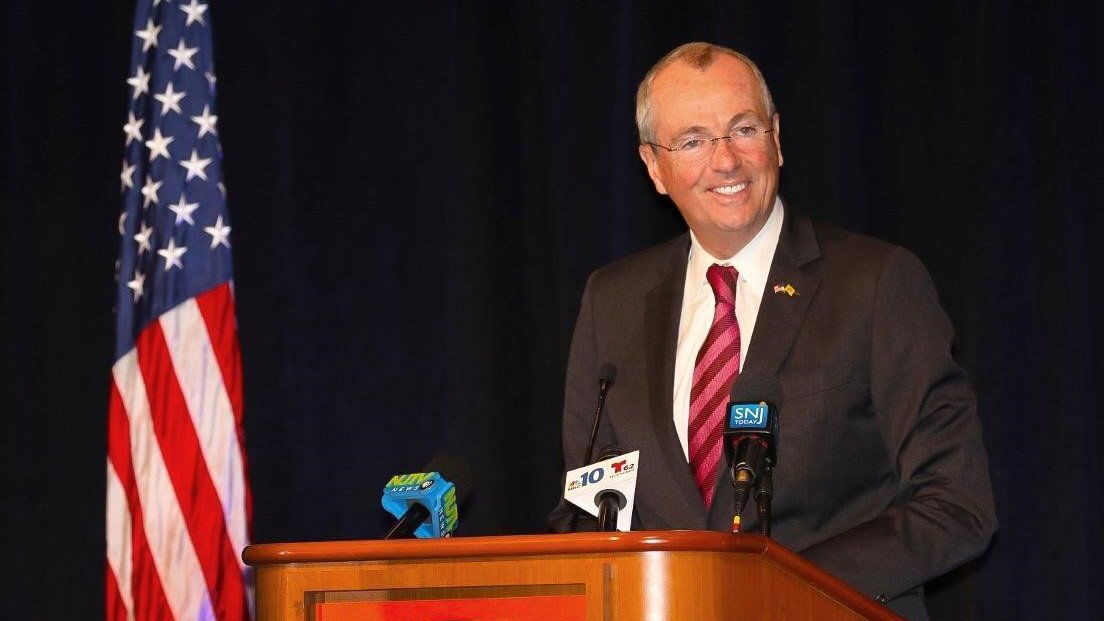Brazil: Bolsonaro backs evangelical bloc and will veto gambling legalization if approved by Congress

Brazil's President Jair Bolsonaro on Monday warned evangelical leaders that he will veto gambling legalization if the issue is approved in Congress. And on the same day, the request for urgent treatment in the Chamber of Deputies was withdrawn from the agenda, in the midst of a strong evangelical attack against this proposal.
Pastor Silas Malafaia, a close ally of Bolsonaro, said that the president reiterated his position and described the bill as "absurd". Amid pressure from evangelicals, the House postponed the vote on the urgent request for the analysis of the bill, which had originally been included in yesterday's agenda, Monday, 13.
"I spoke to the president on the phone after publishing my video, and he told me he was going to veto the bill. He said that this is absurd, that it does not contribute to the economy and that it hurts retirees," Malafaia said. Bolsonaro had previously said in September, in an interview with Veja magazine, that it would be "natural" to veto the bill, but acknowledged at the time that there is a legal possibility that Congress would override his veto in the future.
Evangelical leaders argue that a veto by Bolsonaro, in case of approval of the bill, would give more time for the religious bench in Congress to protest against the matter. In a video released recently, Malafaia described the bill as a "social disgrace" and criticized the president of the Chamber of Deputies, Arthur Lira, for "wanting to approve this garbage" at the time the legislative sessions were adjourning.
"Ninety percent of the Brazilian population earns up to five (minimum) wages. This bill is something so shameful that it only interests powerful economic groups and corrupt money launderers. It does not benefit the country's economy at all. Don't come and make comparisons with the United States and Europe, that have a different social level", said the pastor in his video.
Lira held meetings in the last few weeks with the different benches, to address the projects that would be a priority in the final stretch of the legislative year, and listened to the Evangelical Parliamentary Front, when they assured him that their priority would be to stop the legalization of gambling.
The inclusion of the urgency requirement in Monday's agenda displeased the evangelical bench, which promised to prevent the discussion of the bill. If the request is approved, the text may be voted on in the plenary. The group's president, Cezinha de Madureira, intervened stating that the group is "terribly against" the bill, and reiterated that Bolsonaro has already promised to veto the proposal.
"I spoke with President Bolsonaro some time ago and he promised to veto the proposal. But we will prepare to not even let it enter the agenda", said the parliamentarian. According to Cezinha, he spoke with President Arthur Lira and assured him that "it was an agenda that, in no way, I could vote. I said I would block it if it was voted on. Brazil is not prepared for this type of situation. We have a large part of the population that is poor, and another part that is retired. There are studies that show that the elderly are the most harmed by addiction. And it is a path that can lead young people, even to drugs", he stated.
Deputy Sostenes Cavalcante added that Lira is in breach of the agreement by establishing the request for urgency: "What he told us, in a meeting with 70 attendees, is that the agenda would be established by common agreement". It should also be noted that the text has not yet been officially presented, and is in the hands of the Working Group created in September by Arthur Lira himself.
On Monday 13, the vice-president of the Chamber of Deputies, Marcelo Ramos, said at the opening of the agenda that the request for urgency on PL 442/91 of the Gaming Regulatory Framework would be withdrawn from the voting agenda. The request was not considered, due to the reduced quorum, since an absolute majority or 257 votes are required for the approval of an urgency request. At the time of the opening of the agenda, the extraordinary session had only 162 parliamentarians. The vote on the request for urgency is the first step in the analysis of the proposal by the full House. With the approval for urgency, the bill can still be considered this week by the Plenary.
















































